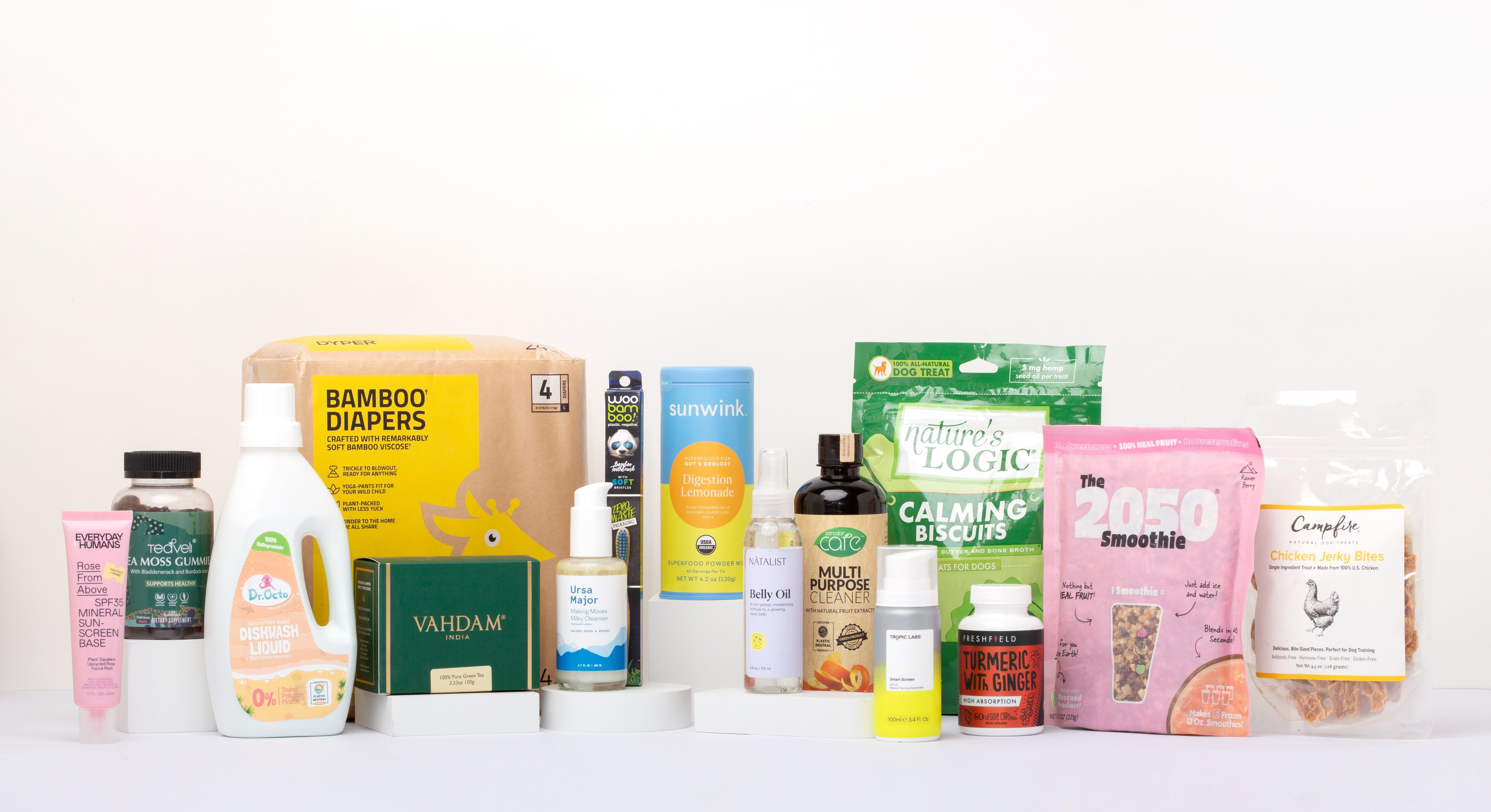EPR Foundations: What is a Producer Responsibility Organization?
Explore the fundamentals of Extended Producer Responsibility (EPR) and understand how it shifts packaging waste management responsibilities to producers. This article outlines how partnering with a PRO like the Circular Action Alliance reduces administrative burdens and enhances sustainability, ultimately delivering cost savings, regulatory compliance, and improved brand reputation effectively.
Extended Producer Responsibility (EPR) for packaging in the United States is a policy approach that holds producers accountable for the entire lifecycle of their products, especially the end-of-life stage. This means that companies are responsible not just for the creation and sale of their packaging but also for its disposal and recycling. The goal is to incentivize producers to design more sustainable packaging, reduce waste, and improve recycling rates.
Implementing EPR can seem daunting, but it offers numerous benefits, including:
- Cost Savings: By reducing waste and improving recycling, companies can lower disposal costs.
- Brand Reputation: Demonstrating a commitment to sustainability can enhance brand image and customer loyalty.
- Regulatory Compliance: Staying ahead of regulations can prevent potential fines and legal issues.
Understanding and adopting EPR is crucial for companies looking to lead in sustainability and compliance. It not only benefits the environment but also offers a competitive edge in the market.
Producer Responsibility Organization Decoded in Simple Terms
Within the framework of Extended Producer Responsibility (EPR) for packaging in the United States, a Producer Responsibility Organization (PRO) plays a pivotal role. Essentially, a PRO is an entity that helps producers comply with EPR laws by managing the collection, recycling, and disposal of packaging materials. This is particularly crucial for small to medium-sized Consumer Product Goods companies, which may lack the resources to navigate complex regulatory landscapes on their own.
PROs like the Circular Action Alliance (CAA) offer a range of services to support producers. These include registration assistance, reporting tools, and educational resources to ensure compliance with state-specific EPR laws. By centralizing these functions, PROs enable producers to focus on their core business activities while meeting their environmental responsibilities.
Partnering with a PRO can streamline the compliance process, reduce administrative burdens, and enhance sustainability efforts.
Getting Started: EPR Compliance Resources for SMEs
The EPR compliance hub from rePurpose Global can automate in 1-click what would otherwise take you over 3 months of manual effort. It swiftly compiles CAA reports, estimates fees and tax liabilities, and keeps you updated on emerging regulations, including labeling laws and PCR mandates. With coverage of 90+ packaging regulations in North America, it's your go-to solution.
Reach out to us for more information, especially with Oregon's March 31st reporting deadline approaching. Avoid financial penalties and ensure compliance in a stress-free, reliable manner.
Get Started with Verified Plastic Recovery for your Brand
Get Started with Packaging EPR Compliance for your Brand
rePurpose Global is here to support your sustainability roadmap with impactful and measurable Plastic Action solutions that deliver immediate results. Partner with us to measure your plastic footprint, fund plastic waste recovery, and create strong sustainability messaging for your brand.
Talk to our team to explore how we can work together.
rePurpose Global's EPR compliance platform is here to support you in preparing for the upcoming regulations in multiple states in the US and comply with no errors. Partner with us to create detailed assessment reports, pre-empt fees and reduce time & cost involved in the process.
Talk to our team to explore how we can work together.

Related Posts
EPR Compliance: Why Comprehensive Reporting is the Best Choice—Even for Small Businesses
This article talks about the different reporting methods that Oregon EPR provides. It also delves into how to select the best option for SMBs. While flat-fee and no-reporting options may seem more convenient, the reality is that comprehensive reporting is the smartest choice to optimize costs, ensure long-term compliance, and maintain a strong sustainability reputation.
EPR Foundations: Who is a Producer?
Know who qualifies as a "Producer" under Extended Producer Responsibility (EPR) laws. Producers include manufacturers, importers, and private-label retailers responsible for packaging waste. They must register, report packaging data, and pay fees to fund recycling programs. Understanding producer obligations ensures compliance with regulations in states like California, Colorado, and Oregon.
What Happens If I Choose Not to Comply with EPR Regulations?
While it may seem easy to ignore EPR regulations, there can be significant consequences to it - from hefty fines, market restrictions, reputational damage, to lost investments; these are serious considerations. Proactively meeting regulations protects your business and brand. Read more about how avoid these risks and simplify compliance processes for your brand.

.png)



.png)








